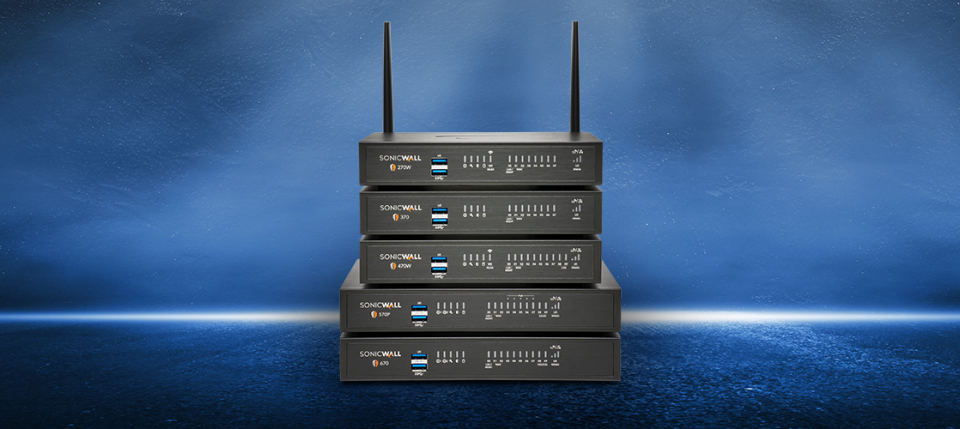Understanding the Vital Role of the SonicWall Firewall

Improved Chat Control in 3CX Conferencing
February 26, 2024
The Vital Shield: Understanding the Importance of Antivirus Software
March 18, 2024In the modern landscape of business, where technology is the lifeblood of operations, safeguarding digital assets and sensitive information is paramount. Small businesses, often operating with limited resources and under tighter budgets, are particularly vulnerable to cyber threats. This vulnerability underscores the critical importance of implementing robust cybersecurity measures, with a SonicWall firewall emerging as a cornerstone in defending against evolving digital threats.
In recent years, cyber attacks have become increasingly sophisticated, targeting businesses of all sizes. Small businesses, in particular, are attractive targets for cybercriminals due to perceived vulnerabilities in their security infrastructure. However, with the right tools and strategies in place, small businesses can significantly mitigate these risks.
Enter the SonicWall firewall – a comprehensive cybersecurity solution designed to protect networks, data, and applications from a myriad of threats, including malware, ransomware, phishing attacks, and more. Its importance in the context of a small business cannot be overstated, and here’s why:
Advanced Threat Protection
SonicWall firewalls employ advanced threat detection and prevention mechanisms to proactively identify and mitigate emerging threats in real time. Through deep packet inspection, intrusion prevention, and behavior-based analytics, SonicWall provides a multi-layered defense strategy that goes beyond traditional perimeter security measures.
Secure Remote Access
In today’s distributed work environment, where remote access is the norm, securing remote connections is crucial. SonicWall offers secure remote access solutions such as Virtual Private Network (VPN) connectivity, ensuring that remote employees can access the network securely without compromising sensitive data.
Content Filtering and Application Control
With SonicWall, small businesses can enforce granular policies for content filtering and application control. This capacity allows administrators to regulate internet usage, block access to malicious websites, and restrict the use of unauthorized applications, thereby reducing the risk of malware infections and data breaches.
Compliance and Regulatory Requirements
Many industries are subject to stringent compliance regulations governing the protection of sensitive data. SonicWall aids small businesses in meeting compliance requirements such as HIPAA (Health Insurance Portability and Accountability Act), GDPR (General Data Protection Regulation), PCI DSS (Payment Card Industry Data Security Standard), and more. By ensuring data integrity and confidentiality, SonicWall helps small businesses avoid costly penalties and reputational damage associated with non-compliance.
Scalability and Flexibility
As small businesses grow and evolve, their cybersecurity needs evolve as well. SonicWall devices are scalable solutions that can adapt to the changing demands of a growing business. Whether expanding operations, adding new users, or integrating additional security features, SonicWall offers flexible deployment options to accommodate business growth without compromising security.
Centralized Management and Reporting
Managing network security can be daunting, especially for small businesses with limited IT resources. SonicWall addresses this challenge by providing centralized management consoles and comprehensive reporting tools that streamline the administration of network security policies, monitor security events in real-time, and generate actionable insights for informed decision-making.
In conclusion, the importance of SonicWall in a small business cannot be overstated. In an era where cyber threats loom large and the consequences of security breaches are severe, investing in a robust cyber security measure is not just a choice but a necessity for survival. By deploying a SonicWall firewall, small businesses can fortify their defenses, safeguard critical assets, and foster a secure environment conducive to growth and success in the digital age.


